Lying within the tropics and exposed to a dry climate, Kenya suffers from low agricultural productivity. Only 20% of Kenya’s total land mass is arable. However, agriculture is the mainstay of the country’s economy, contributing 30% of the GDP, 50% of export earnings and 70% of employment. Main Kenyan crops are coffee and tea (mainly for export), maize, ginger, rice wheat, sweet potatoes, sugar cane and bananas.
Agricultural research was initiated in Kenya during the late 19th Century by the colonial powers. Presently, plant breeding and related activities account for a major proportion of the budget allocation in research. These activities are carried out by about ten institutions, but largely dominated by the only public research institution (KALRO). KALRO’s research efforts are supplemented by universities, tertiary institutions, NGOs, CBOs and private companies.
Maize is the most important crop in the breeding programmes because it is the main staple food crop in the country. Grain legumes, vegetables and fruits are also well-represented in breeding programmes. Up to the present the plant breeding budget was mainly allocated to line development and evaluation but the percentage of resource allocation for germplasm enhancement has been increasing over the years.
As in much of sub-Saharan Africa, there has been a decline in both human and financial resources for agricultural research including plant breeding and biotechnology. Therefore the number of available breeders per crop became an important constraint. Some of the private seed companies complain also about the limited access to international genetic resources.
Public Institutes
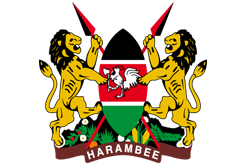
Ministry of Agriculture (Kenya)
Website available in English
The Strategic Objectives for the Ministry are to:
increase productivity and outputs in agricultural sector. To enhance national food security. To improve market access and trade. To strengthen Institutional capacity
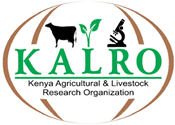
Kenya Agricultural and Livestock Research Organization (KALRO)
Website available in English
The Kenya Agricultural and Livestock Research Organization (KALRO) was established through the Kenya Agricultural and Livestock Research Act of 2013and given the mandate to conduct agricultural and Livestock research of strategic national importance and produce improved technologies, information, knowledge, and approaches to support the agricultural and livestock sector as outlined in part two, section 5(1,2) of the Act.
Agricultural Related Universities
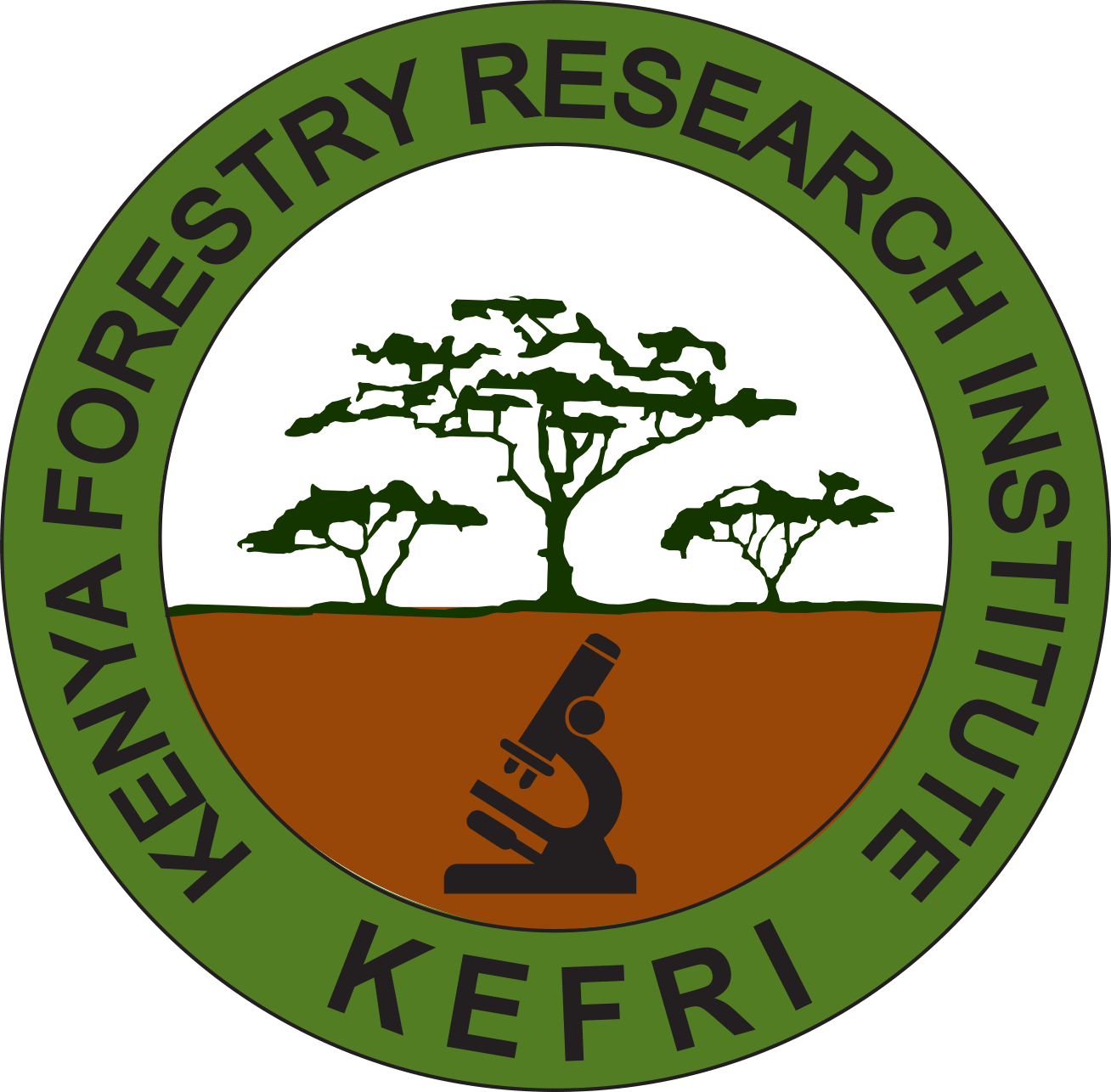
Kenya Forestry Research Institute (KEFRI)
Website available in English
KEFRI undertakes research and provides technologies and information for sustainable management, conservation and development of forests and allied natural resources. The Institute is ISO 14001:2015 Environmental Management Systems (EMS) and ISO 9001:2015 Quality Management Systems (QMS) certified and therefore conforms to international standards on environmental and quality management and relevant national legislations and its research meets international standards.
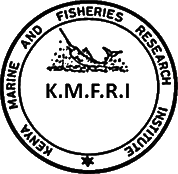
Kenya Marine and Fisheries Institute (KMFRI)
Website available in English
Kenya Marine and Fisheries Research Institute (KMFRI) is a State Corporation established in 1979 by the Science and Technology Act, Cap 250 of the Laws of Kenya, which has since been repealed by the Science, Technology and Innovation Act No. 28 of 2013 which has recognized KMFRI as a national research institution under section 56, fourth schedule.
Agricultural Related Universities

Egerton University
Website available in English
Egerton University is the oldest institution of higher learning in Kenya. It was founded as a Farm School in 1939 by Lord Maurice Egerton of Tatton, a British national settled in Kenya in the 1920s. In 1950, the School was upgraded to an Agricultural College offering diploma programmes
Moi University
Website available in English
In January 1981 a Presidential Working Party chaired by the distinguished Canadian academic, Dr. Colin B. Mackay, was convened to prepare detailed recommendations for a second university in Kenya and their report was presented to the then President, H. E. Hon. Daniel Toroitich Arap Moi in September 1981. The report strongly recommended that the new university should have a distinct bias towards technology.

Nairobi University
Website available in English
The College of Humanities and Social Sciences (CHSS) is one of the six Colleges of the University of Nairobi. Like the other five, it was established following the recommendations of the 1985 Presidential Visitation Committee headed by Mr. Geoffrey Kariithi. The College comprises one faculty, four schools and five institutes and a centre.
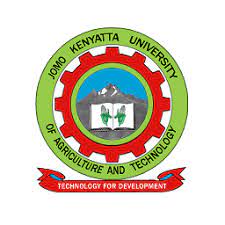
Jomo Kenyatta University of Agriculture and Technology
Website available in English
Jomo Kenyatta University of Agriculture and Technology is a public university that is situated in Juja, 36 kilometres northeast of Nairobi, along the Nairobi-Thika SuperHighway, off Exit 15 .It offers courses in Technology, Engineering, Science, Commerce, Management and Building sciences.

Eldoret University
Website available in English
To provide quality education, training, research, and consultancy in Science, Agriculture and Technology to meet the needs and aspirations of a dynamic society

Pwani University
Website available in English
